Secured Access Control Systems
Regardless of the number of users or the number of buildings you need to secure, Houston Security Solutions offers flexible access control systems solutions made to meet the specific needs of each client: multi-site, multi-company, multi-station… Access control systems include determining if a person has the authorization needed to access a space, structure, or room. It aids in organizing site-wide human traffic and manages access to various zones in a selective manner.
This enables the restriction of access to critical locations to known users during certain hours, with a log of all movements. Every identifying technology from the top manufacturers on the market (HID, Indala, etc.) is integrated into Houston Security Solutions’ solutions. We can analyze the badges you now use and offer the optimal option based on your needs thanks to our technological experience.
Are you looking to Access Control Systems Install?
Managing Access Control Systems
Identification entails determining if a person is authorized to enter a space or a structure. The system will either open or not open the door when the individual presents their ID to a reader situated close to the door.
Depending on the technology being utilized, identification is represented by a card or badge that has recorded information. It might be a key chain, remote control, biometric information, or the license plate number of a car.
Badges are a highly popular access control systems option. The individual must present a valid badge to a reader in order to enter the building. The badge serves as the “key” to the system, and the reader reads the data stored on the badge.
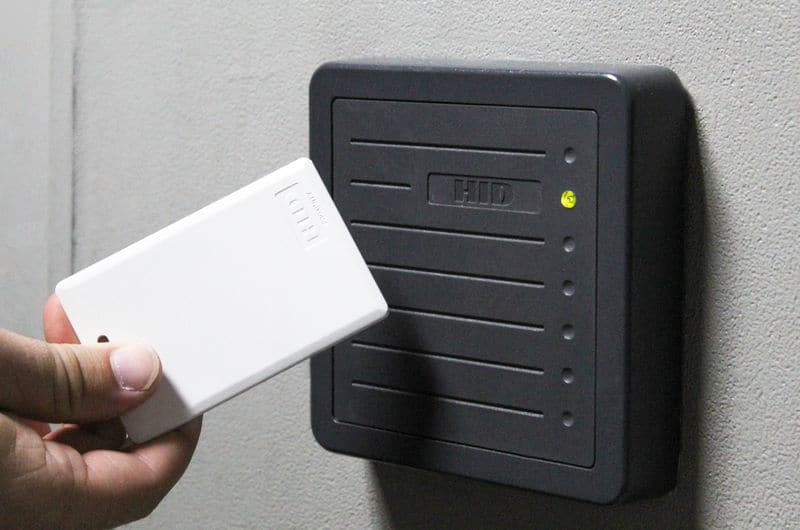
The different Access Control Systems Technologies
Whatever the form of identification, Houston Security Solutions uses all identifying technologies, from the most basic to the most cutting-edge. Several factors determine the technology that will be used in an access system. Although security is the most vital factor, usability and comfort are becoming more and more important.
Contact-free technologies:
Radio Frequency Identification is known as RFID. A radio tag positioned in the read field receives a signal from the reader at a predetermined frequency. The tag, which is sometimes referred to as a marker or transponder, responds to the reader’s “awakening” by sending a signal, and a communication channel is created in accordance with a predetermined communication protocol.
Some tags include additional memory that can be used to write data. The tag and reader must be on the same frequency in order to communicate, yet, like radio frequencies, these frequencies span a spectrum from extremely low to very high frequencies.
Low frequency 125 KHz
The electronic chip in the badge contains the serial number for the badge. The reading distance between the antenna and the badge is determined by the antenna (or reader). It is known as hands-free technology starting at 30 cm. Providing unmatched value for money, 125 kHz technology revolutionized the access control and identity market. This technology has achieved global success and now serves as the standard since it is durable, resistant to wear and tear, and simple to set up.
High Frequency – 13,56 MHz : Mifare, Mifare+, Desfire, iCLASS®
ISO 14443-A/B and ISO 15693 were the first global standards for RFID technology. When speed, security, and memory capacity are needed, it is the best option. The chip’s memory may hold various pieces of data (text, images, etc.) for electronic money or other applications like access control.
High frequency for access control boosts security since an encoder may save an encrypted number into the badge’s memory. In this situation, biometrics are helpful because the badge contains a fingerprint.
Ultra High Frequency – 433 MHz, 863 to 915 MHz, 2.45 GHz
At a toll gate, for instance, the badge may be read at a distance of several meters using this frequency. The badge features a battery that is only active when it is in the reader’s field, increasing the reading distance while the serial number in the chip is still read. The badge is referred to as active.
Access Control Systems Software
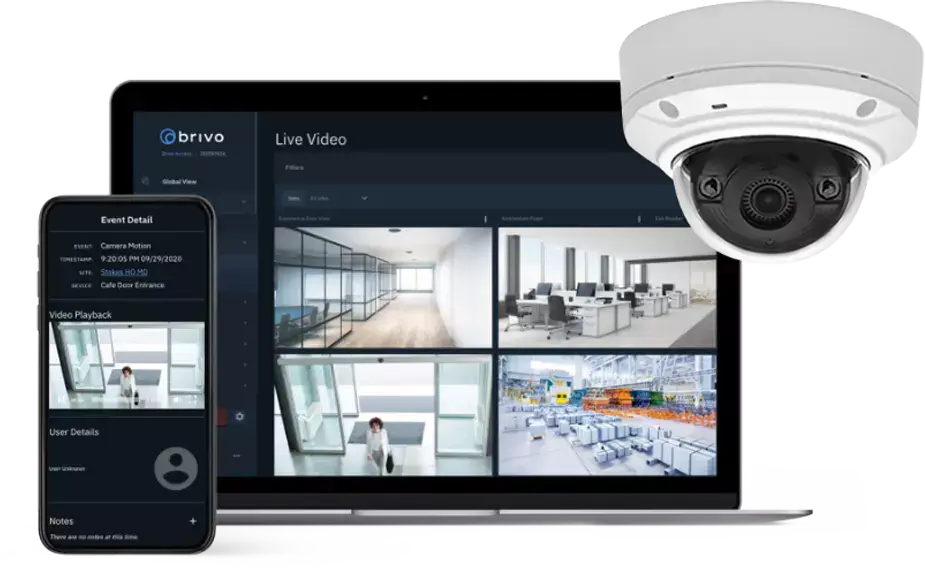
Centralization
With the help of our solution, you can centralize your access management in a single location and grant other sites with independent authorization. Specifying the approved locations, you can assign nominative badges to users using our access control software. You can also assign access times to these badges. After that, you may safely and securely monitor worker and guest flow.
Operation
The Access Control Systems check the database using a password to see the clearance of the identified individual, including the validity start and end dates, permitted locations, access times and dates, etc. The system will permit or deny entry to the area in question and open the door in accordance with this clearance.
Features of Software
Create and customize nominative badges Give these badges access permissions and clearances, specifying who has access to what location when. Create a log for each occurrence (access, alert, etc.) and save it for future searches and inspections. Search the logs for information by cross-referencing or using specified criteria, such as date, time, access status, etc.
Profile Control
The Houston Security Solutions solution adapts to your needs and resolves all of your access management problems thanks to its multi-profile management and flexible access allocation. In order to maintain profiles, the program has to be configured with a “badge holder” file.
All of the badge holder’s personal information will be kept in this specific file. The individual file for the badge bearer provides details about him or her, including name, validity term, profile, etc. The administrator or operator assigns an identification to the badge holder in the database and assigns access clearance in the form of a profile. A profile is a collection of locations, times, dates, etc.



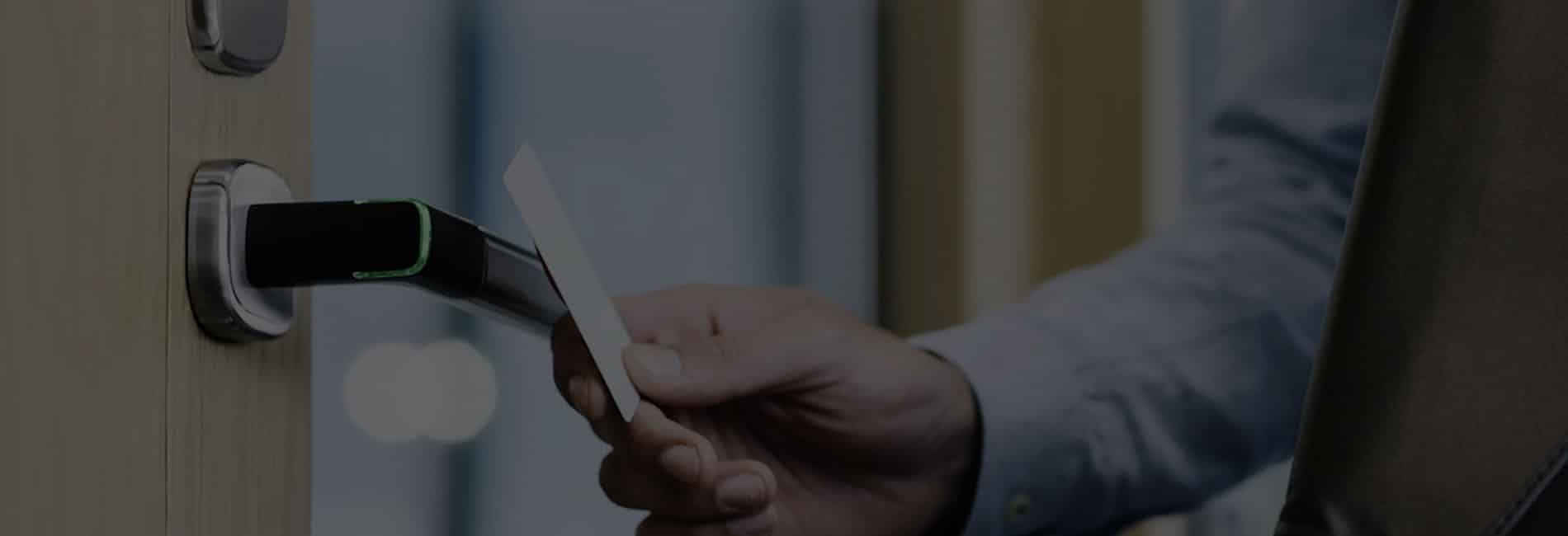
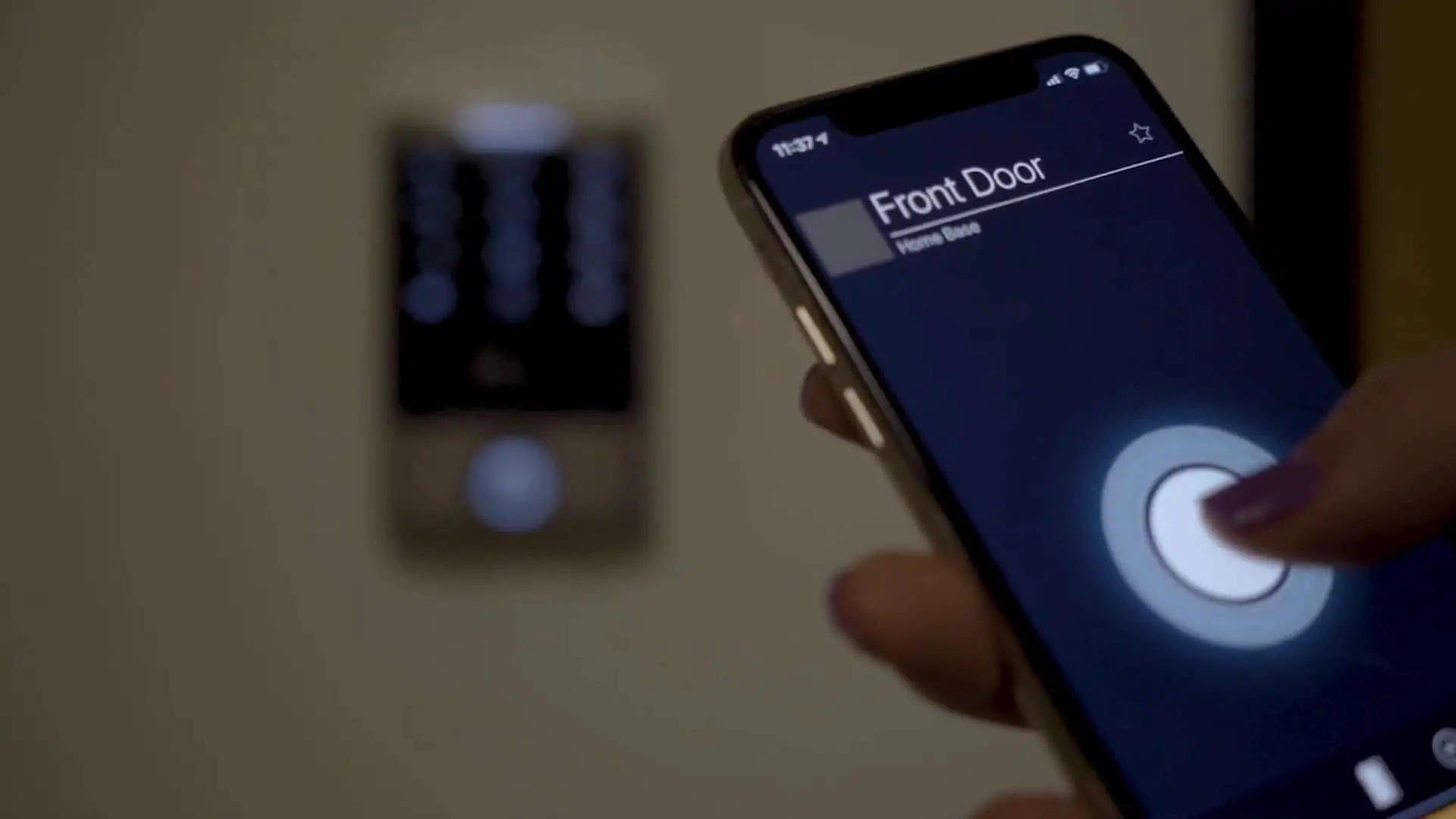
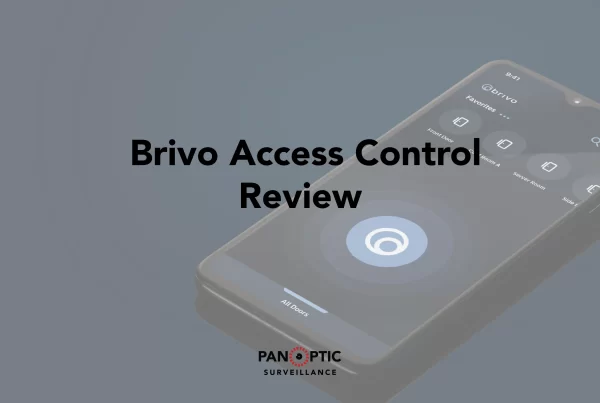
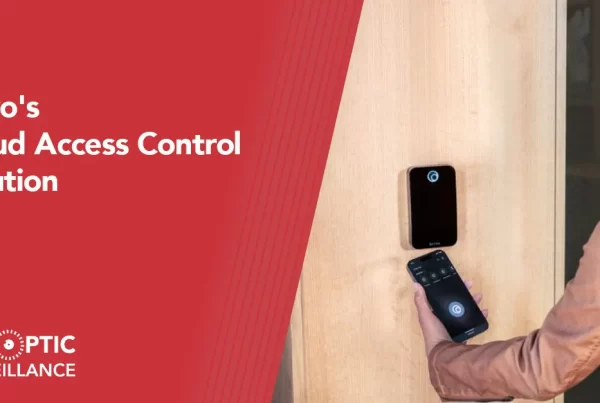
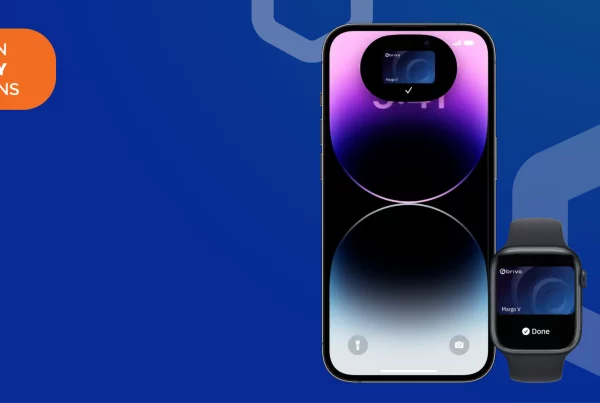






One Comment